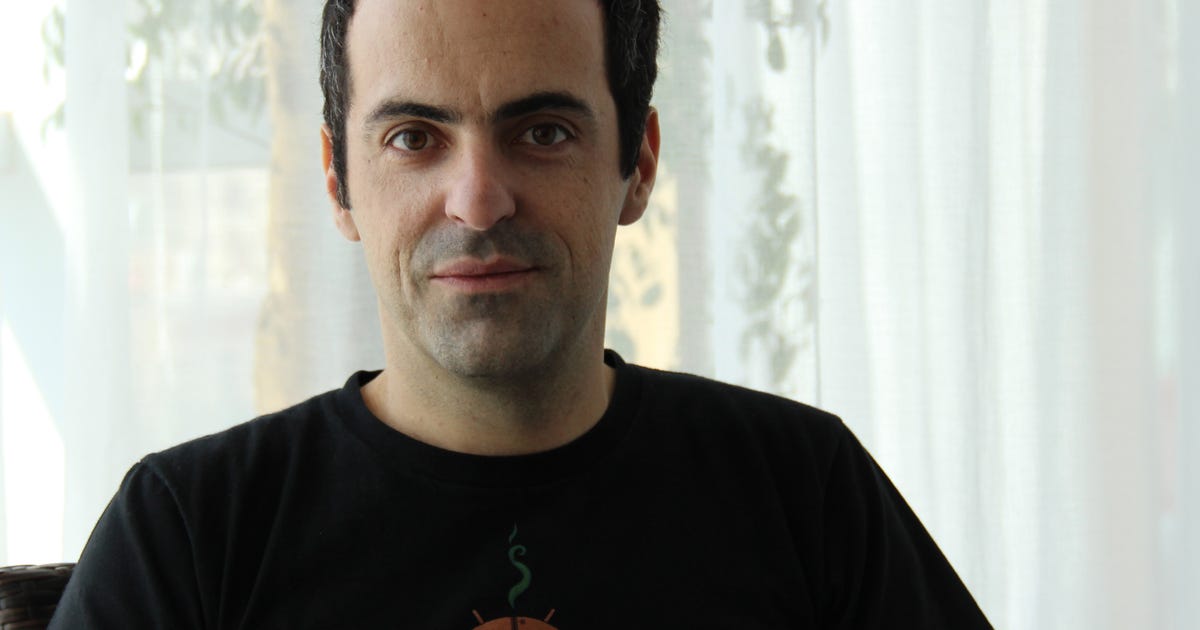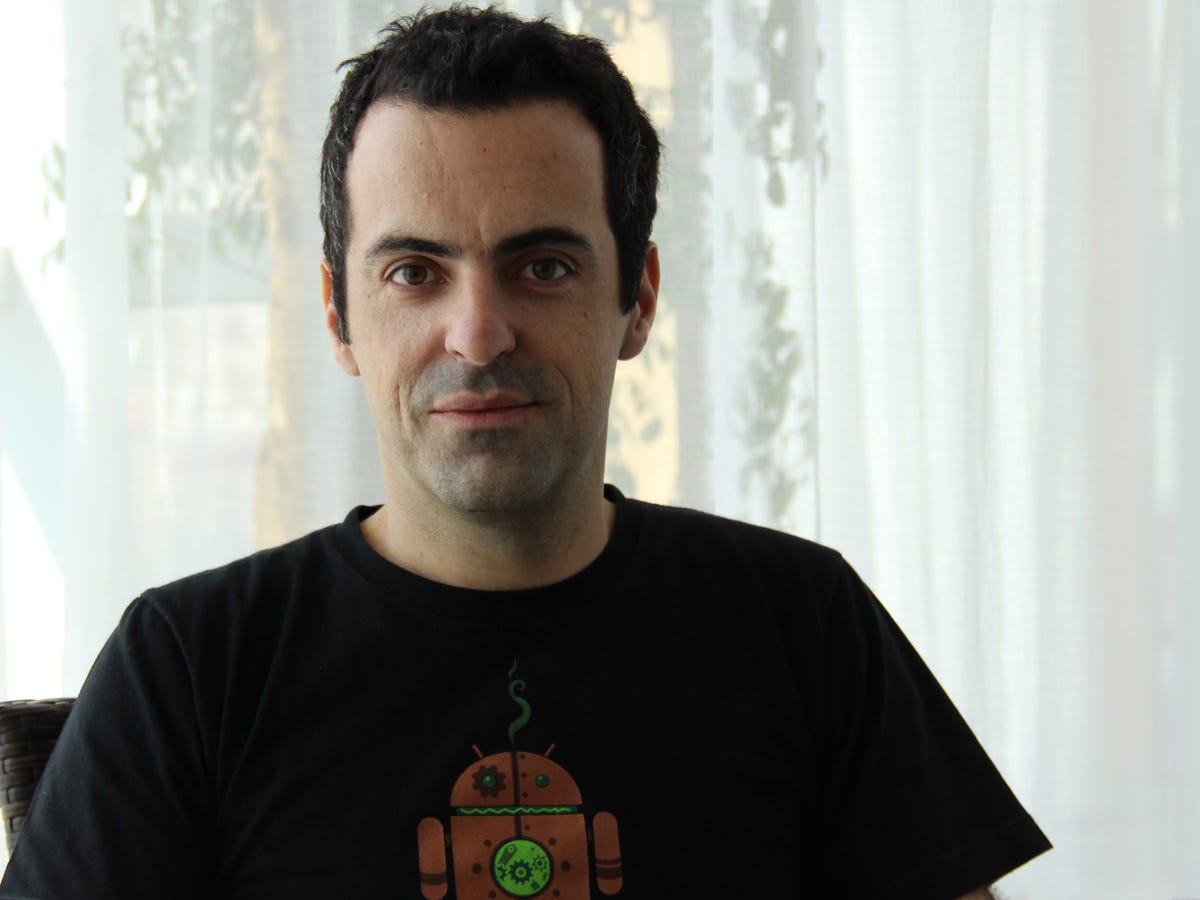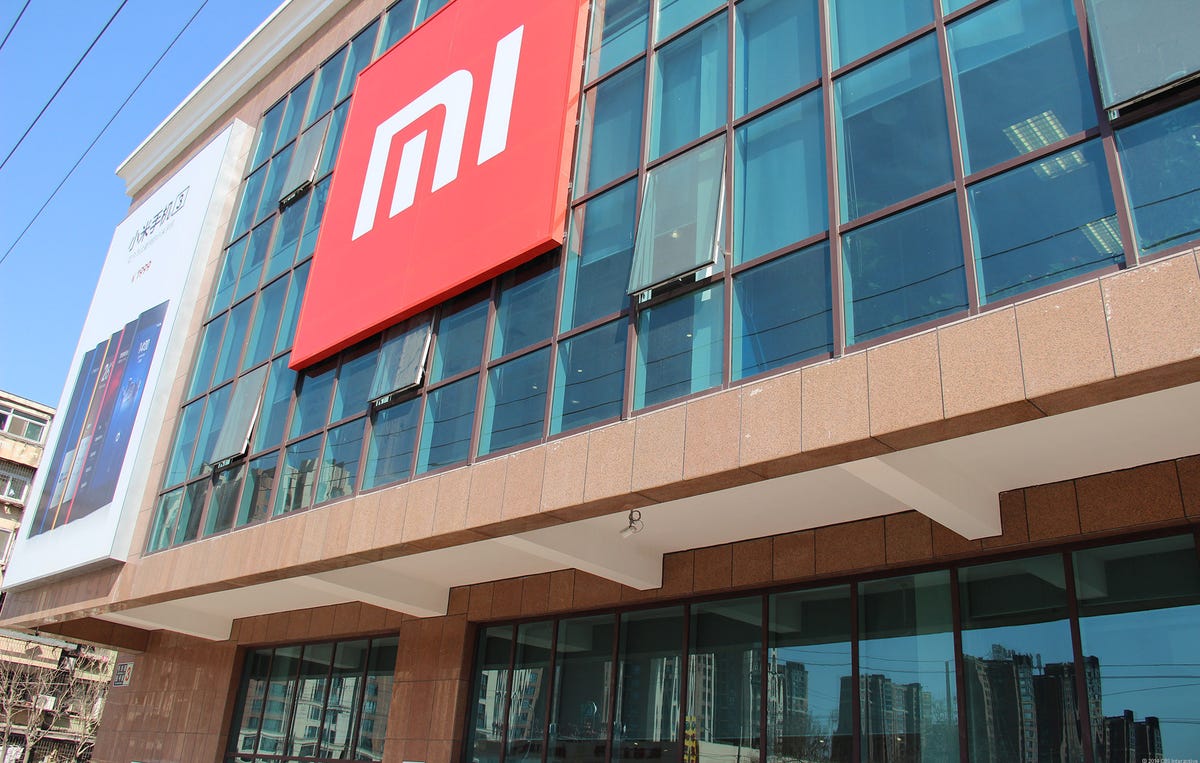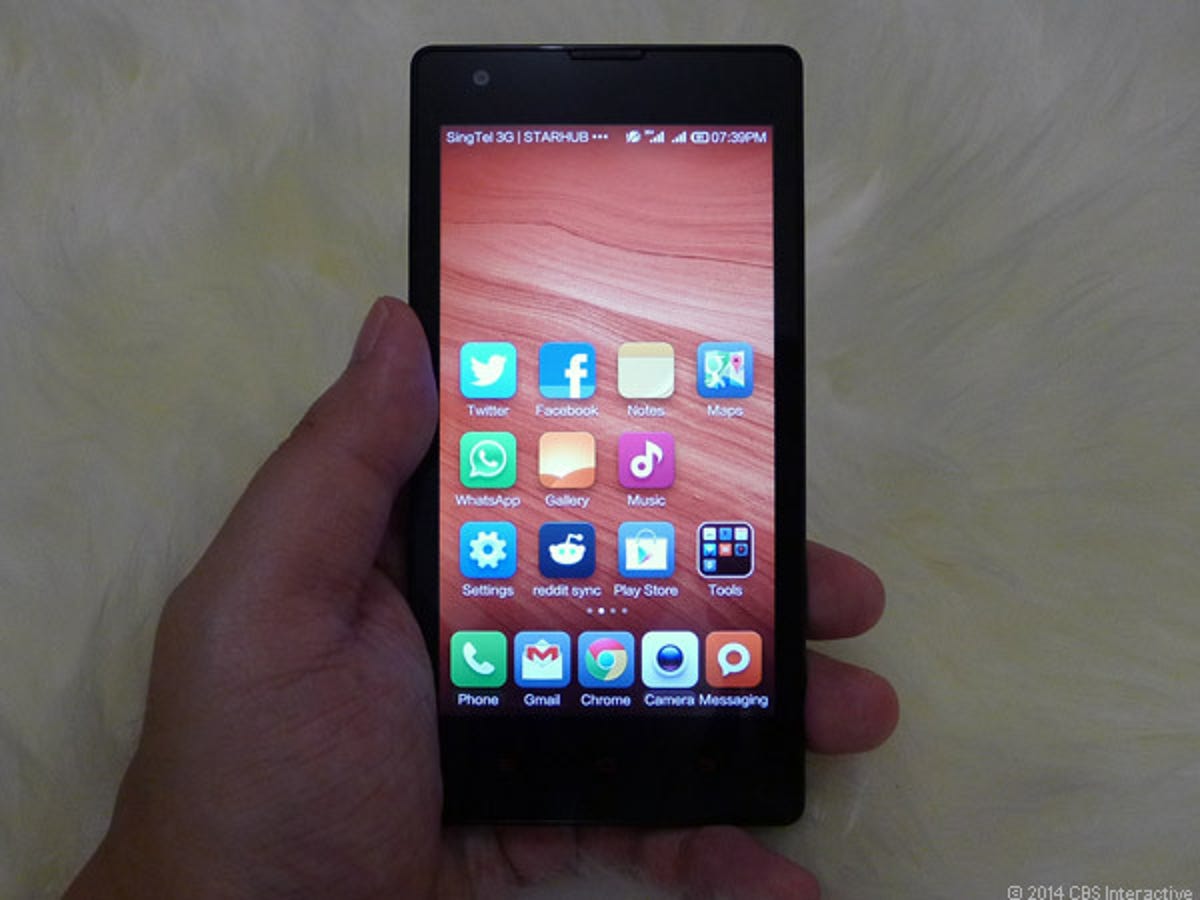Xiaomi's Hugo Barra: True World Phones In 2 Years, Android All The Way
Xiaomi s hugo barra true world phones in 2 years android all version xiaomi s hugo barra true world phones in 2000 xiaomi s hugo barra true world history xiaomi s hugo barra true world size xiaomi s hugo barra facebook xiaomi service center near me xiaomi skroutz xiaomi share price

Xiaomi's Hugo Barra: True world phones in 2 years, Android all the way

BEIJING, China -- As we sit down for lunch at his favourite Korean restaurant near the Xiaomi office here, Hugo Barra, former Googler and current Xiaomi global VP, seems like a changed man. He looks relaxed and casual, clearly enjoying the food despite an upset stomach -- a far cry from the slightly stiff, formal, and taciturn Barra I met three years ago at Mobile World Congress.
Once we settle in for a more formal interview at the new Xiaomi office just down the street from the old one -- the construction a physical manifestation of Xiaomi's rapid growth -- a little bit of Barra's former, guarded attitude returns. He chooses his words carefully once on the record, but Barra's enjoyment of his first six months at Xiaomi shines through the formality.
"Things have been fantastic," he says. "The culture here is very similar [to the culture at Google] -- this notion of having a company formed by a large number of small teams that move very quickly, have a sense of ownership, and are somewhat autonomous and independent."
Asked how this Google-style corporate culture compares with general Chinese corporate culture, Barra has no direct comparison: "It's hard for me to comment on whether this is the same culture that exists in larger Chinese companies. We're not a large company but we're not a startup either. I believe that Xiaomi is ahead when it comes to establishing a culture that borrows well from Silicon Valley."
"When you get a lot of people together who are intelligent or passionate, and you allow the organization to flow as it should, you end up with a lot of small teams," he adds.
And while it could still be a honeymoon period for Barra, the former Googler passionately believes Xiaomi has what it takes to to conquer the world.
"We're just starting to think about building truly, truly global products. I think Xiaomi's already good at that because of the mentality of some of the senior engineers. A lot of them have worked at Google or in Silicon Valley, and we have a bunch of ex-Facebook engineers. We have people with the global mentality," he says.
"In a year or two, we will have completely shifted towards building inherently global products. Whenever we think about a new feature, we try to think about it from a Chinese perspective and a global perspective."
"In a year or two, we will have completely shifted towards building inherently global products. Whenever we think about a new feature, we try to think about it from a Chinese perspective and a global perspective."
The numbers show how precipitously Xiaomi is growing. The 4-year-old company is making phones as fast as it can sell them, and it's selling a lot of phones. In 2012, the company sold 7.2 million smartphones. In 2013, Xiaomi doubled that number, selling 18.7 million handsets. Xiaomi doubled its office space in lockstep -- the new, second building looking awfully Googley inside, complete with a giant slide from the second floor down to the first. The place also features wide-open areas with meeting spots and features cheery, bright colors and paintings that feel more at home in a startup than your usual typical corporate office.

But Barra says he's not directly responsible for the similarities to the Mountain View, Calif., Google campus. He cites the Xiaomi founders, as well as other senior management hailing from well-established tech companies such as Microsoft and Google, who also want to foster a similar work environment.
The culture here, Barra says, blends Silicon Valley heritage with the Chinese drive for competitiveness and penchant for working long hours (and loving it). Barra cheerfully admits he has a lot more gray hair now.
"The engineers that I deal and work with on a regular basis here are really hardworking. They might even be more hardworking than some of the engineers in the Valley."
"It's the Chinese culture of revering work. People take work very seriously -- not that they don't in Silicon Valley, but it's more impressive here. I noticed that people here are extremely passionate, almost to a personal level. They take competition seriously. I certainly don't see that in the Valley as much, but you do see it from time to time," he says.
"I noticed that people here are extremely passionate, almost to a personal level. They take competition seriously. I certainly don't see that in the Valley as much, but you do see it from time to time."
"Taking it personally, I think, makes you even more passionately involved in what you're working on. [The personal connection] helps you become more productive, more creative. It happens at the engineering level; it happens at the founder and CEO level as well." Barra, in particular, loves the way Chinese CEOs debate their industry publicly and energetically on Weibo, the Chinese social network.
"Based on what I've seen at Xiaomi, the company is going to show the world its teeth in a major way over the coming decade," he says.
It is this competitive environment that Barra seems to thrive in. He's busy planning Xiaomi's expansion with its Redmi and Mi-3 handsets into other markets -- the company has already made inroads into Taiwan, Hong Kong, and Singapore, with Malaysia next on the list for a launch. An LTE handset is forthcoming, but Barra declined to reveal more details.

Xiaomi is looking to the Indian market next, where Barra will be following Xiaomi's already established modus operandi with a new office and new relationships with telecoms and partners, all alongside the company's successful e-commerce portal as a platform to sell its handsets directly. According to Barra, this business model will allow Xiaomi to maintain its strategy of selling its smartphones at a really low price, almost close to cost.
But that doesn't mean Xiaomi will start at the market's low end. Barra emphasizes to me the company's core mission to produce "aggressively priced phones focused on performance and quality." He also says Xiaomi won't be making a Firefox OS or an Ubuntu handset.
"We have no plans to do anything other than Android. There's no point. Android has a phenomenal ecosystem. I'm saying this from a practical perspective. If you look at other players who have attempted to build ecosystems and failed despite having great platforms, it's because it takes a lot of work and a lot of time to build an ecosystem," he explains.
"Google has done that with Android, and we're firmly behind it. We're heavily invested as well. We don't just take Android from Google -- we make a significant amount of improvements, changes, and additions to Android. We think we've made Android an even better operating system."
"We think we've made Android an even better operating system."
Not everything has been easy, though. Xiaomi has come under criticism for its marketing model -- offering a limited run of handsets that quickly sell out, leading some critics to accuse the company of purposely selling only a small number to drive up hype and demand. Barra denies this.
"We're not [doing that]. It astonishes me that people don't understand some very basic things about supply chain. Just consider the fact that there are a dozen of companies, including a handful that are very, very big, all competing for the same components, the same production capacity ... there's no infinite supply of any of those," he says.
"When we try to expand our production line and try to increase our orders of basic components from our suppliers, we're essentially relying on them increasing their production capacity and them deciding to shift allocation to us."
Barra admits that this is a tough argument for Xiaomi to make, especially when their competitors are many times their size. He calls it a long-term fight to convince manufacturers to support the company. In fact, Barra was recently in Shenzhen to meet up with Foxconn to discuss the increase in production capacity.
"We are not artificially reducing our capacity -- we are making phones as fast as we can."
"We are not artificially reducing our capacity -- we are making phones as fast as we can."
As Xiaomi continues its march for global domination, one thing's for sure: Barra is thriving in his new environment. He's taking Mandarin lessons and has gotten used to crossing the perilous Beijing roads, which he says are safer than those in his childhood home of Brazil. With the interview concluded, we parted ways at the elevator. My final image of the Xiaomi VP is Barra flashing me a cheeky grin and an Asian peace sign just as the doors close.
March 24, 8.45 p.m.: Updated to clarify Barra's language on the timing of global phones
Source
